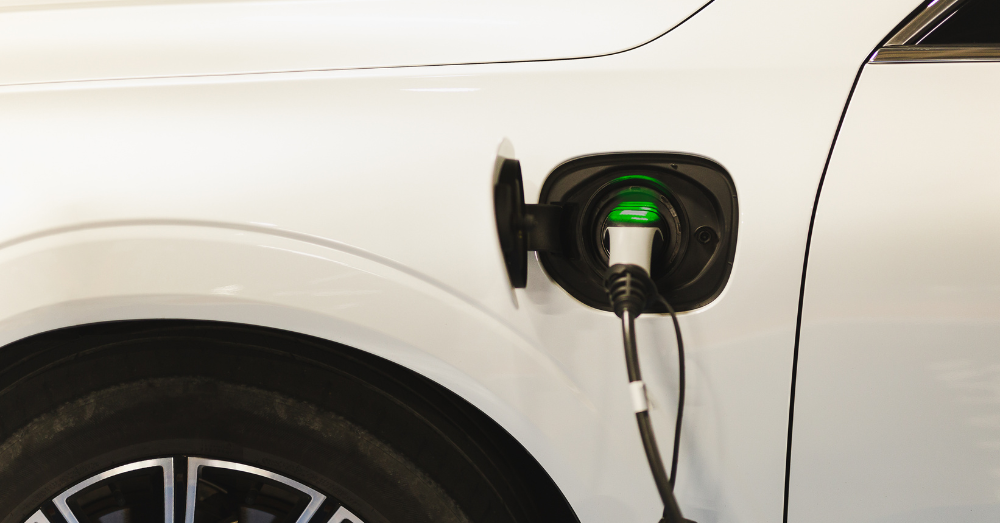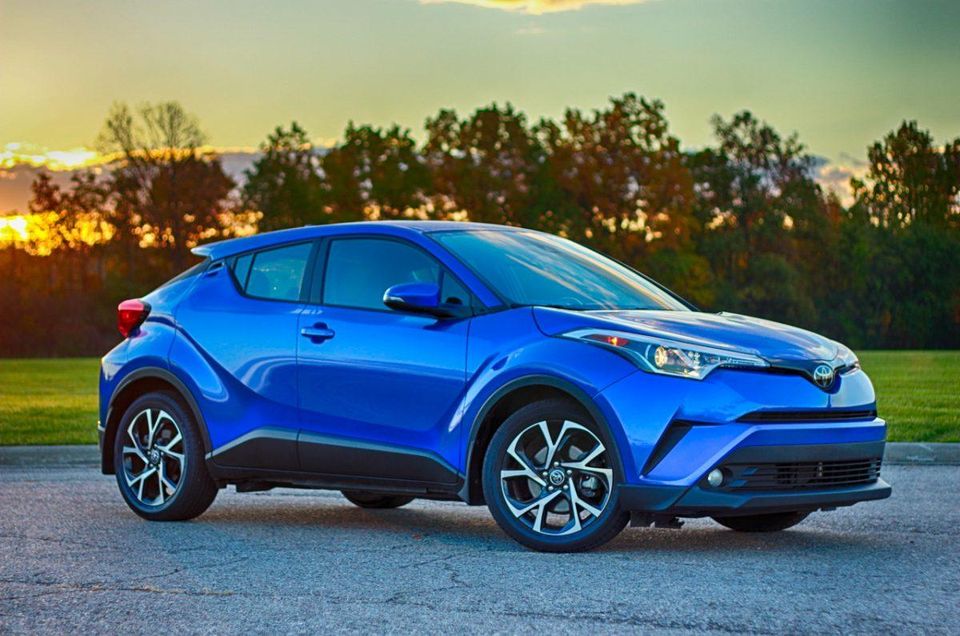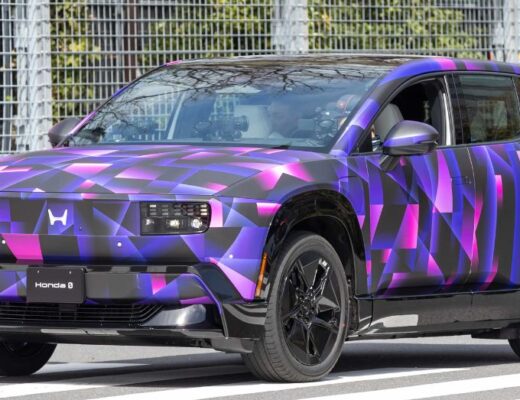Analyzing a Bold Claim
According to Akio Toyoda, one electric vehicle produces pollution equivalent to that of three hybrids. Is there anything to this claim? Let’s find out.
There is no debate over whether EVs pollute less than traditional internal combustion engine (ICE) vehicles. They do, and everyone knows it. However, there’s still some confusion when it comes to hybrid engines.
Akio Toyoda, Toyota’s chairman, claimed recently in an interview with Automotive News that nine million EVs produce the same amount of pollution as 27 million hybrids. In other words, according to Toyoda, one EV has the same environmental impact as three hybrids.
What Toyoda Had to Say
To be fair, Toyoda hasn’t said there is no place for EVs in today’s world. He believes that we should take what the company calls a “multi-pathway” approach to reducing pollution. It’s one you can already see at your local Toyota dealer.
Toyoda’s claim about the pollution levels of EVs vs. hybrids also deserves some extra analysis. His claim specified that Toyota has produced around 27 million hybrids, and he believes that those hybrids have had the same impact as the nine million EVs on today’s roads.
Why does he think EVs are worse for the environment than hybrids? He is referencing Japan, specifically, and believes that the nation’s reliance on thermal power plants causes additional pollution.
In reality, while Japan once relied heavily on fossil fuels for energy production, the country has recently been shifting toward using more renewable energy sources.
Is There Any Truth to Toyoda’s Claims?
As soon as Toyoda made his bold claim about EVs and hybrids, people pounced on the idea and began repeating it as a way to discredit EVs. The question is, does the idea have any merit? Let’s analyze it and find out.
The biggest argument against EVs is that mining produces emissions, as do the refining and processing of raw materials. EV batteries use lithium, cobalt, and nickel, all of which must be mined, refined, and processed. All of that adds to the carbon debt of EVs.
According to a research paper published in IOP Science, gas and hybrid vehicles create six to nine metric tons of CO2 emissions during manufacturing. EVs generate 11 to 14. However, that’s not the whole story.
EVs begin paying off their carbon debt as soon as their wheels hit the pavement. According to Argonne National Laboratory, it takes around 19,500 miles for that to happen. Hybrids do the opposite, continuing to produce carbon emissions over time.
So Are EVs Cleaner Than Hybrids?
We’ll admit that the situation is complicated. In areas that produce most of their energy through renewable means, EVs are undeniably cleaner than hybrid vehicles. If most of the electricity in a region is produced via coal power, that could change the situation.
While the electricity mix in the United States varies substantially by state, situations where most of the power is generated via coal-fired thermal power plants are rare. The argument is disingenuous.
Overall, EVs pollute substantially less than hybrids. While they accrue a carbon debt during the manufacturing process, they can pay off that debt relatively quickly. The same can’t be said for even extremely efficient hybrid vehicles.




